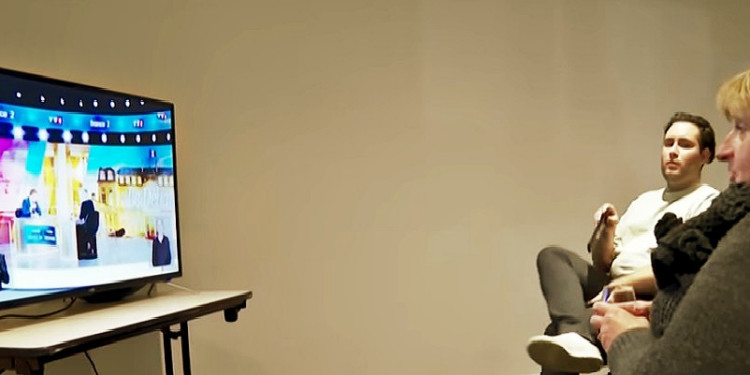My dear friends and followers, I worry about the outcome of the vote tomorrow: France could well elect Marine Le Pen to the presidency and that would be a catastrophe for both France and Europe. Such an unfortunate outcome would be the direct result of absenteeism, of a rising number of French people, turned off by the choice presented, and choosing not to exercise their right to vote.
Thereby helping to bring to the Elysée the most dangerous and ill-adapted candidate in recent history: Marine Le Pen. The only person who would benefit from such an outcome is Russia's Putin.
The problem is absenteeism and I examined in an article published on Impakter the day after the TV debate between the two contenders (April 20) why it's such a risk this time:
French Presidential Elections: Why Absenteeism is a Dangerous Choice
If absenteeism is high, Macron could lose to Marine Le Pen who would become the first Euroskeptic, anti-climate French President with a worrisome dependence on Putin and no government experience
The duel between President Macron and extreme-right Marine Le Pen does not mobilize the French electorate as had happened in a similar situation 20 years ago when President Chirac was challenged by Le Pen’s father. Last night, the one and only debate between the two candidates during the second round of elections took place, a two-and-a-half-hour marathon that was universally viewed as too long, and in fact drew a slightly smaller audience than the last one in 2017, some 15.6 million viewers.
It was a better show back then as both candidates were fresh in the eyes of the public and there was interest to see them up close. This time, it wasn’t the case; Marine Le Pen did not collapse in confusion like the last time and remained serene, almost aloof, while Macron was more offensive, scoring points, highlighting her climate skepticism, her anti-Islamism (she would ban the hijab in public spaces), her anti-Europe stance (the only “sovereignty” that exists, she says, is France’s), her lack of government experience (she is vague about the role of government, what can and cannot be done, and simplistic in her approach to state debt management), and her dependence on Putin as a direct result of the $9 million loan her party took from a Russian bank close to Putin and still hasn’t finished paying back.
Will this duel on television change anything, move indecisive voters to go to the voting booths? Most observers think it is unlikely, by now most people have made up their minds. Macron supporters feel Macron won the duel, and Marine Le Pen supporters say the same about their candidate. Following the debate, a snap survey by Elabe for BFM TV found that 59% of polled viewers found Macron more convincing than Le Pen. In 2017, the same polling firm found that 63% of those surveyed found Macron more convincing.
So Macron is doing better than Le Pen as he has all along, with the latest polls of voting intentions showing that Macron is set to win with around 55.5% of the vote. Again, that is less than in 2017 when he beat Le Pen with 66.1% of the vote. His present margin, 5.5%, is not that comfortable if you consider that this is three times less than it was in 2017 marking a considerable drop in consensus for the President.
Under the circumstances, with such a small margin between Macron and Le pen, everyone agrees that the level of absenteeism could determine the outcome. Absenteeism can be very dangerous and prevent democracy from functioning correctly. In this case, it could lead to the victory of Marine Le Pen, putting France in the hands of a notorious Euro-skeptic and anti-climate, anti-Islam, anti-German and pro-Putin President.
This is exactly what Europe and the world do not need while the war rages in Ukraine. Not a happy prospect.
Why absenteeism in the French presidential election is so dangerous
The danger of absenteeism on Sunday in France should not be underestimated. There are numerous historic examples of absenteeism leading to deeply undesirable results, not reflecting the will of the majority – on the contrary, disregarding the majority will and leading to a breakdown in the functioning of democracy.
Read the rest on Impakter, where I compare the Brexit referendum with what could happen tomorrow if too many French people stay at home and don't vote: Click here to read.

Comments